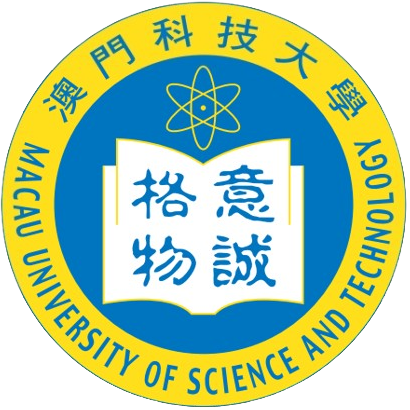Anniversary Special Series-Session 2
Date : 2025/3/27 (Thursday)
Time :15:00-17:00
Venue : Block D Conference Hall of MUST
Distinguished Speaker 1: Professor Jun Wang
Topic: When carbon-based life goes silicon
Topic Introduction :
The field of life sciences research is undergoing a paradigm shift. iCarbonX achieves high-throughput multi-omics detection of life data through its next-generation silicon-based bio-assembled chips (e.g., polypeptide chips and peptide nucleic acid chips). Combined with AI-driven computing platforms like large-scale models and multi-omics integration analysis, these innovations enable individual digital life twins. Core breakthroughs include: 1) Next-generation silicon-based chip technology that improves cost efficiency, reducing genome/proteome testing costs to RMB 100 range; 2) Chip-AI computational models that systematically profile personal health states while dramatically shortening drug development cycles and saving preclinical costs in innovative drug discovery. iCarbonX‘s transformative technologies will reconfigure pathways in the biomedical industry chain and establish a million-person pilot project for disease risk prediction and anti-aging management through full-lifecycle digital life systems. After addressing challenges in cost, ethics, and data security with digital life technologies, our carbon-based life forms will embrace a promising silicon-based future.
Distinguished Speaker 2: Professor David Gubbins
Topic: The Earth’s Magnetism
Topic Introduction :
In this lecture I will describe measurement of Earth’s magnetic field throughout geological time, the instruments used in the past few centuries including modern satellites, and the methods of paleomagnetism that reveal the larger changes in the past 3 billion years. This provides the information we need to explore possible sources of the magnetic field in Earth’s liquid core and surface rocks. I shall describe modern data analysis methods, without equations, and the dynamo theory of the origin of the main field as far as we understand it today. Lastly I will describe briefly
the use of magnetic fields as one of the cheapest mapping tools for industry. Throughout I want to emphasise the importance of the magnetic field. Without it we might not have an atmosphere. It provides almost all of the quantitative information we have on past motions of plates and rotation of continental blocks. And we should not forget it provides one of the great unsolved mysteries of the planet – what sustains it.

